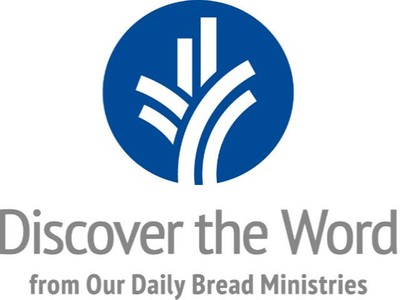
Most of us find prayer baffling. Sometimes even unsatisfying. At the heart of our struggle is a kind of tug-of-war between what we want and what God wants. We have certain “prayer problems.” In one of the most desperate moments of His life, Jesus prayed a specific prayer. A prayer contained in three gospels and mentioned in the fourth. “Take this cup, yet not my will.” A two-sided prayer coin. Take this cup: Honest. Not my will: Abandon. Join us as we consider how Jesus flipped back and forth in this two-sided prayer coin, and how, following His example, perhaps we can as well.